 I have been asked this and other questions. I do not know what the work of a lawyer in Cuba is, however there are some aspects that are noteworthy:
I have been asked this and other questions. I do not know what the work of a lawyer in Cuba is, however there are some aspects that are noteworthy:
“The bullet entered the body of Izquierdo Medina in the left buttock. It destroyed the femoral vein crossed to reach the kidney and lung. Death was almost instantaneous. The funeral home gave the family a death certificate that certified cause of death, acute anemia. Despite the demands, Legal Medicine never gave the autopsy report to the family.”
Known: the existence of the shot and its lethal effect, so the death certificate is a falsehood.
So I ask the following questions: 1. Is there a crime of falsifying documents in Cuba? 2. If so, is there a judicial procedure to process to the funeral home?
“To date, the whereabouts of the former official are unknown.”
It is clear that, an innocent person having nothing to hide, his flight betrays him.
1. Could his flight be incriminating evidence at his trial?
“The mother of the victim, Raiza Medina, believes they want to exclude her from the trial of the murderer of her son.”
1. Is there no lawyer representing the mother?
2. Does the mother have the right to be assisted by counsel at the trial. Or to ask the same question in another way: would the mother be represented by a lawyer at the trial if she were an important person?
We mustn’t forget that Cuba is a socialist state. I understand perfectly that Laritza Diversent cannot answer the questions, because of her difficult internet connection. However, the questions have been posed.
First: Even I do not know the mission of a lawyer in Cuba. I was with the family of the teenager, they wanted me to be their lawyer of course, but I was there as a mere spectator, looking on and without the power to say anything. You can not imagine how frustrating it was for me to be in that courtroom as a spectator, not only trying to pass unnoticed, but to witness it all and I have to admit, I can do more as a journalist than as a lawyer.
Second: There is a crime of forgery in Cuba. The problem is that the funeral home did not give a false opinion. I was present at the trial. I heard the coroner address the court and affirm death as caused by acute anemia. Then explain that the bullet entered the body of the teenager in the lumbar region, crossed the left kidney, the aorta, the right lung and exited the right shoulder.
Like you, I can not relate the acute anemia with a murder, that opinion is not related to a gun shot, it seems that this is the diagnosis of a chronic disease, what’s more you can relate it to a hemorrhage, but if you look at all the vital organs that the missile destroyed it is beyond all doubt that the teen had died from loss of blood, in fact the death was almost instantaneous.
Third: In Cuba, the victims are supposedly represented by the prosecutor, or, and it’s the same thing, the State. They do not need a lawyer’s representation at trial nor to appear assisted by one. If they are not satisfied with the sanction they have the right to make appeals or to appeal through the prosecutor.
In the case of Raiza, the teen’s mother, she was not invited to trial, the prosecution barely notified her of the decision, in which case it will be very difficult for her to appeal the court’s decision.
Angel Izquierdo’s family is unhappy with the prosecutor’s request, 17 years in prison for a crime that has a standard sentence of between 15 and 30 years. The State asks for more if you kill a cow. They protested at the same trial. Of the whole spectacle, what touched me most was the anger of mother, father, aunts, uncles, cousins, all cried tears of helplessness. They asked me if they could appeal. I told the truth. We must await the decision of the court, however it is unlikely that the prosecution would seek a penalty greater than what it asked for in its own petition.
You asked more questions, I think with these comments I have responded to them all.
Translated by: Hank
January 19 2012

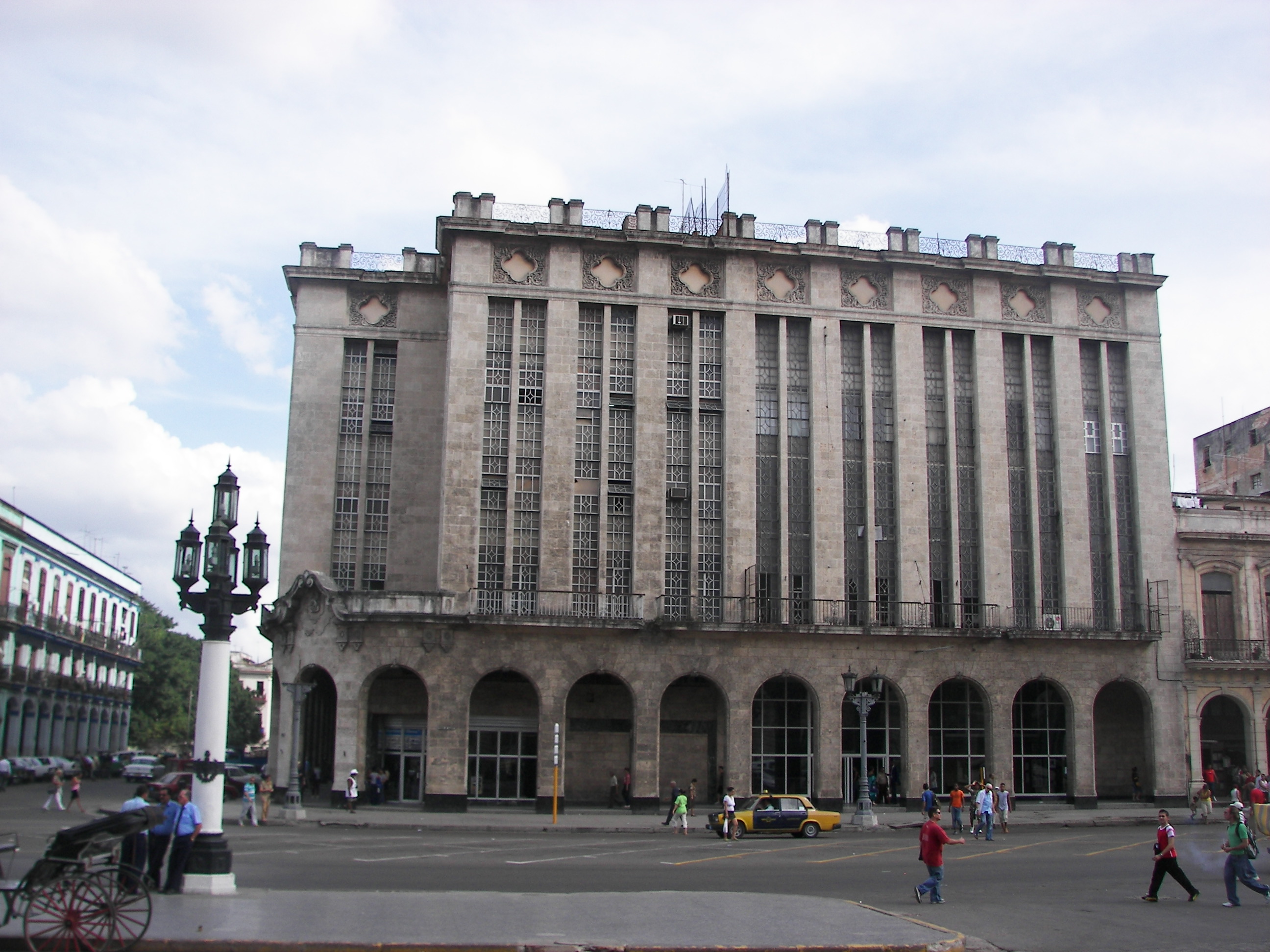
 The trial of Amado Interian was held on the afternoon of December 13th in Courtroom Number 7 of the Havana Court. He is a former police officer who shot a 14-year-old teenager named Angel Izquierdo. The trial had been suspended on December 9th due to a nonappearance by the defendant.
The trial of Amado Interian was held on the afternoon of December 13th in Courtroom Number 7 of the Havana Court. He is a former police officer who shot a 14-year-old teenager named Angel Izquierdo. The trial had been suspended on December 9th due to a nonappearance by the defendant.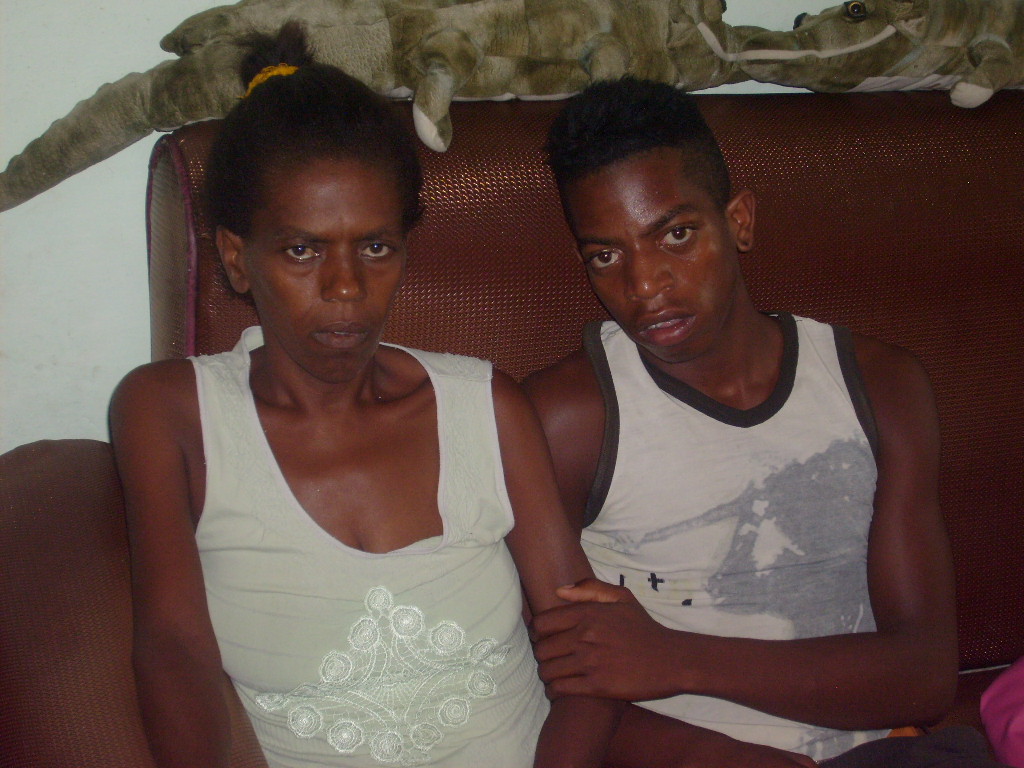
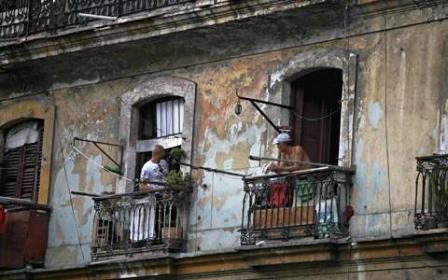
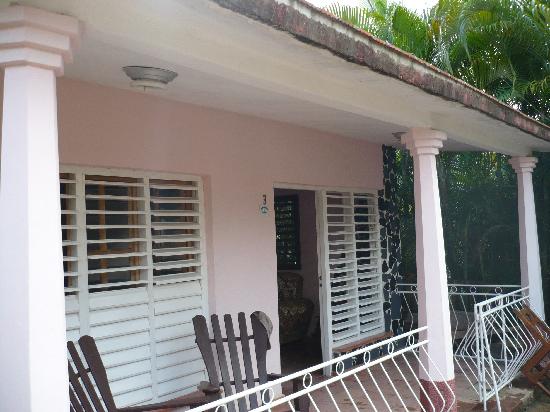
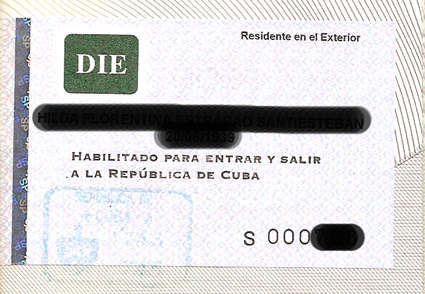
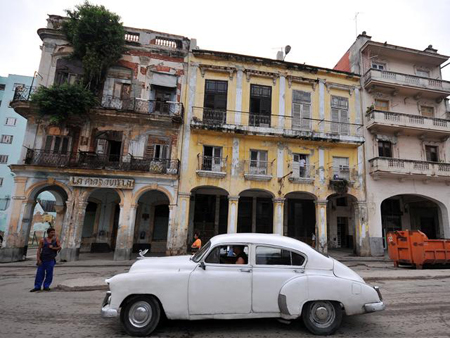

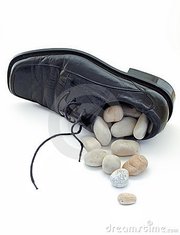 I don’t intend to persuade anyone that Cuba is some kind of hell. Nor to change the mind of those who imagine that it’s a paradise. But it still bothers me to read in the national press that Washington is taking measures to tighten the embargo.
I don’t intend to persuade anyone that Cuba is some kind of hell. Nor to change the mind of those who imagine that it’s a paradise. But it still bothers me to read in the national press that Washington is taking measures to tighten the embargo.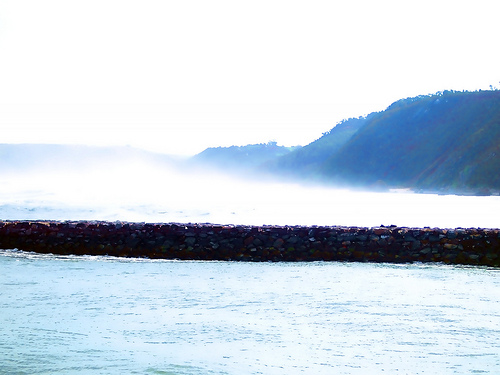 US politics is back to debating it. As far as they see it, Cuban dissenters are divided into those who are in favor, and those who are against the embargo. Each side contributes its reasons, but few stop to think about the advantages that the elimination of the US policy represents, in the preservation of its personal freedom.
US politics is back to debating it. As far as they see it, Cuban dissenters are divided into those who are in favor, and those who are against the embargo. Each side contributes its reasons, but few stop to think about the advantages that the elimination of the US policy represents, in the preservation of its personal freedom. The Communist Party of Cuba works arduously to realize a full identity between its members and those of the government, and to guarantee that its politics are approved unanimously in the National Assembly, the body that represents and expresses the will of more than 11 million Cubans.
The Communist Party of Cuba works arduously to realize a full identity between its members and those of the government, and to guarantee that its politics are approved unanimously in the National Assembly, the body that represents and expresses the will of more than 11 million Cubans.